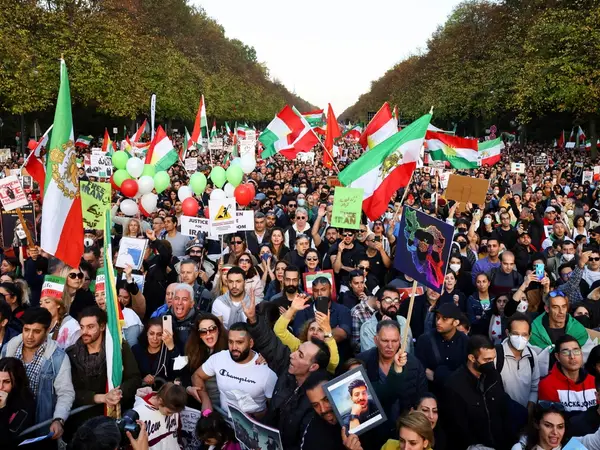A prominent Iranian analyst says Tehran under tremendous domestic and international pressures is willing to resume nuclear talks, but the West is not.
Hassan Beheshtipour, an Iranian international relations analyst, told Nameh News website in Tehran that there is no positive indication for the resumption of talks over reviving the 2015 nuclear deal, known as JCPOA. He was responding to a question about the possible outcome of Foreign Minister Hossein Amir-Abdollahian's recent visit to Oman in a bid to use its Arab neighbor as a mediator with the US.
The analyst argued although Iran claims that the West has been sending secret messages to Tehran, open-source information show that the West is not interested in resuming the negotiations. He added that the West is mainly waiting to see where the ongoing protests in Iran are headed.
Beheshtipour said despite criticism that the Iranian government does not tie people’s financial hardship the JCPOA and sanctions, Tehran has reached the conclusion that a deal would the most important factor in improving Iran's economy.
Meanwhile, Foreign policy analyst Kourosh Ahmadi told Entekhab News website that Iran's position about Russia's war in Ukraine has changed Europe's stance regarding Tehran. He added that Russia's use of Iranian drones in attacks on civilian targets in Ukraine has left a negative impression on public opinion in Europe and has toughened Europe's stances toward Iran.
Ahmadi added that the negative trend in relations has led Europeans to minimize the importance of trade with Iran which was previously among Europe's priorities. Ahmadi added that the ongoing nationwide protests have also affected Europe's stance on Iran.
The analyst argued that Europe has even adopted a tougher stance toward Iran than the United States, because Tehran has not grasped Ukraine's importance for Europeans and the fact that Ukraine is only 500 kilometers from Germany. He said: "That is why the spokesman for the German Foreign Ministry has said that Germany has no reason to support the continuation of talks with Iran.
Ahmadi said Europeans are extremely sensitive to the fact that Iran is Russia's partner in threatening Europe’s security. He pointed out that in 2011 the volume of transactions between Iran and Europe reached 28 billion euros. The figure dropped by 78 percent in 2020 and finally reached to just over one billion euros in the first six months of 2022.
In another development, Iranian sociologist Bijan Abdolkarimi has said in an interview with Rouydad24 website that "Iran is entangled in a political impasse and Iran's power-house is currently under pressure both from abroad and from within the country."
Abdolkarimi added that the Iranian people are the main victims of this political impasse while the regime has no solutions.
Asked if a possible improvement in the economic situation would reduce the general sense of dissatisfaction among Iranians, Abdolkarimi said: "I cannot answer this question properly because the situation is getting worse on a day-to-day basis. In fact, we are facing an economic collapse in Iran for which officials cannot offer any solution."
He added that the only solution is a return to the JCPOA, but in the current situation reaching an agreement is practically impossible.
